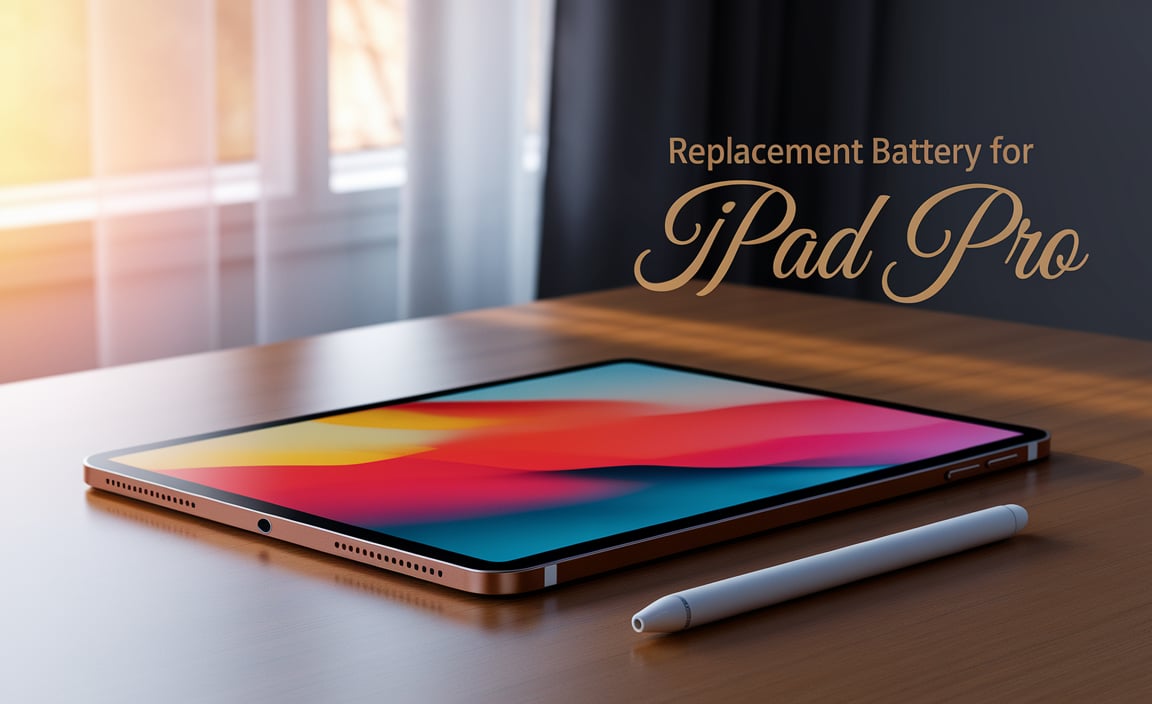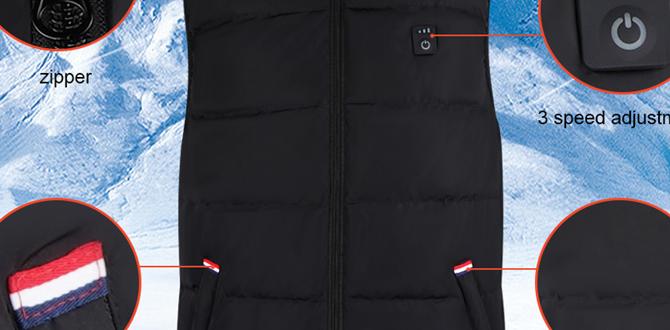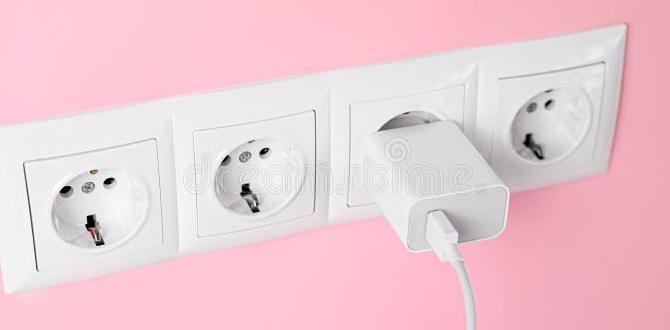The Essential USB Adapter for Charging: Powering Your Digital Life
In today’s device-saturated world, a reliable usb adapter for charging is no longer a luxury; it’s an absolute necessity. From the smartphones in our pockets to the tablets we use for work and entertainment, and even the wireless earbuds that soundtrack our commutes, these portable powerhouses constantly demand attention from the nearest power outlet. Without the right charging solution, we risk navigating battery anxiety, missed calls, and the frustration of a device dying at the most inconvenient moment. But with a bewildering array of options available, how do you choose the right USB adapter that truly meets your needs?
The fundamental purpose of a USB adapter for charging is simple: to convert the alternating current (AC) from your wall socket into the direct current (DC) that your electronic devices can safely consume. However, the seemingly straightforward nature of this task belies a sophisticated technological landscape. Factors like charging speed, power output, port type, and even the number of devices you need to power simultaneously all play a crucial role in determining which adapter is best suited for your lifestyle. Investing in a quality adapter isn’t just about keeping your gadgets alive; it’s about doing so efficiently, safely, and conveniently.
Understanding the Powerhouse: What Makes a Great USB Adapter for Charging?
When we talk about a great usb adapter for charging, we’re really talking about its ability to deliver power effectively and reliably. Several key specifications define this capability. Firstly, power output, measured in watts (W) or via voltage (V) and amperage (A), is paramount. Higher wattage generally translates to faster charging. For instance, a basic smartphone might be content with a 5W charger, while a modern laptop could require 65W or even higher. Understanding the power requirements of your devices is the first step in selecting the appropriate adapter.
Secondly, port type is a critical consideration. While older devices might rely on USB-A ports, the industry has overwhelmingly shifted towards the reversible and more versatile USB-C standard. Many modern devices, including smartphones, tablets, and laptops, now exclusively use USB-C for both data transfer and charging. Therefore, opting for an adapter with USB-C ports, or at least a combination of USB-A and USB-C, ensures future-proofing and broader compatibility.
Navigating Charging Speeds: Quick Charge and Power Delivery
The quest for faster charging has led to the development of advanced charging technologies. Quick Charge (QC), primarily developed by Qualcomm, is a proprietary technology found in many Android devices. It allows for significantly faster charging speeds compared to standard USB charging. Similarly, USB Power Delivery (USB PD) is a more universal standard that allows for a wider range of devices to negotiate higher power levels.
When choosing a usb adapter for charging, look for support for these technologies if your devices are compatible. A USB PD-certified adapter, for example, can intelligently communicate with your device to deliver the optimal charging speed, preventing overcharging and damage while maximizing efficiency. This means your phone could go from 0% to 50% in under 30 minutes, a lifesaver for busy individuals. Understanding whether your devices support QC or USB PD will significantly influence your choice of adapter and the speed at which you can get back to using your essential gadgets.
The Multi-Device Dilemma: Adapters with Multiple Ports
Modern households are often a symphony of devices, each vying for a power source. This is where the convenience of a usb adapter for charging with multiple ports truly shines. Instead of occupying multiple wall sockets with individual chargers, a single multi-port adapter can power several devices simultaneously. These adapters often come with a mix of USB-A and USB-C ports, catering to a diverse range of devices.
When selecting a multi-port adapter, it’s essential to consider the total power output it can deliver across all ports. Some adapters intelligently distribute power, while others might limit the charging speed on certain ports when others are in use. Look for adapters that clearly specify their combined wattage and how power is allocated to individual ports to ensure all your devices receive adequate power. This single device can declutter your charging station and simplify your power management considerably.
Safety First: Essential Features to Look For
Powering your electronics is a responsibility that shouldn’t be taken lightly. A cheap, uncertified usb adapter for charging can pose significant risks, including device damage, overheating, and even fire hazards. Therefore, prioritizing safety features is non-negotiable.
Look for adapters that are UL, CE, or FCC certified. These certifications indicate that the adapter has undergone rigorous testing for safety and performance. Reputable manufacturers also incorporate built-in safety mechanisms such as over-voltage protection, over-current protection, short-circuit protection, and temperature control. These safeguards protect both your expensive devices and your home from potential electrical mishaps. A trustworthy adapter provides peace of mind, knowing your valuable electronics are being charged safely and efficiently.
Beyond the Basics: Travel Adapters and Smart Features
The concept of a usb adapter for charging has also evolved to cater to specific needs. For frequent travelers, universal travel adapters with built-in international plugs and multiple USB ports are invaluable. These can eliminate the need to carry a bag full of individual adapters and country-specific plugs.
Furthermore, some advanced adapters are beginning to incorporate “smart” features. This could include USB ports that automatically detect the connected device and optimize charging speed, or even adapters that integrate with smart home systems to monitor energy consumption. While these features might come at a higher price point, they represent the ongoing innovation in making our charging experience more seamless and intelligent.
In conclusion, while the basic function of a USB adapter for charging remains constant, the technology and features available have expanded dramatically. By understanding your device’s power needs, prioritizing safety certifications, considering the convenience of multi-port options, and exploring advanced technologies like USB PD, you can confidently select the perfect usb adapter for charging to keep your digital life powered up and running smoothly. It’s a small investment that yields significant returns in convenience, efficiency, and peace of mind.



